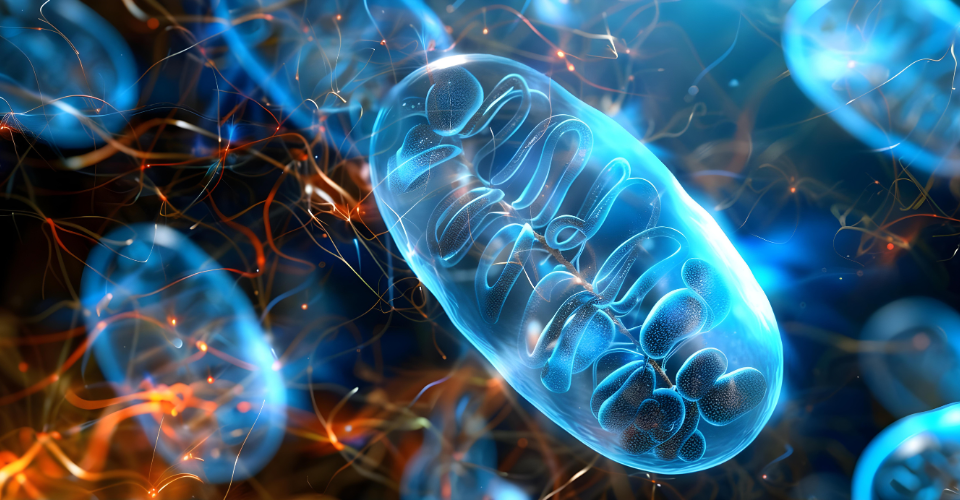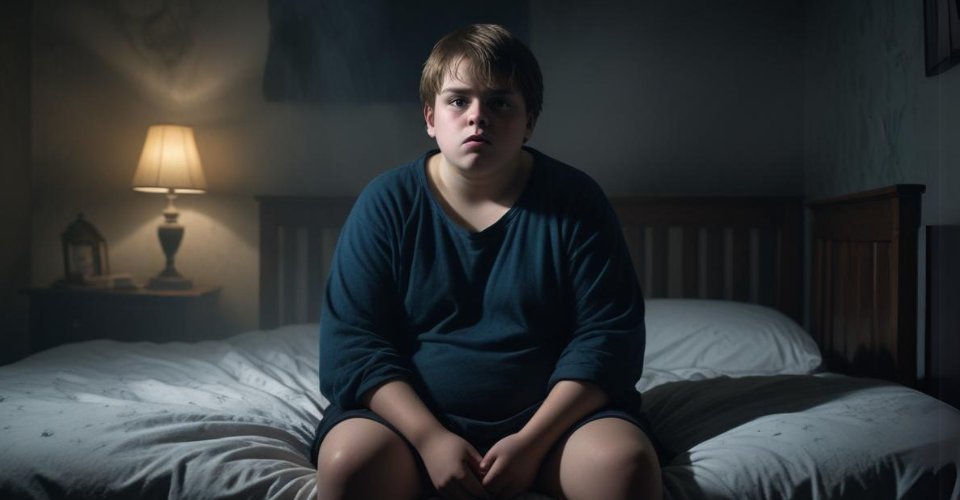- 27-year-old Ankita shared her story of dealing with psychosis at a very young age.
- A healthy diet, regular physical exercise, and enough sleep can help overcome the negative effects of psychotic episodes.
Psychosis is a psychological condition characterized by an impaired association with reality. The prevalence of this mental disorder is 0.4% in India, a 1998 study suggests.
Ankita Shrivastav, a 27-year-old Delhi-based corporate employee, shared her story about how she learned to deal with psychosis and depression. She was struggling with various physical illnesses four years ago. She consulted with a few renowned health professionals, but nothing helped. Her physical condition adversely affected her mental health as well.
She started experiencing high expressions of laughter even on imprudent things. She could sense that she was behaving abnormally with her close ones. She used to frequently cry and shout even if there was no reason to.
“I remember, one day, my mother asked me to come and have dinner with her. I was working on my assignments, and suddenly I started shouting at her without any reason. I accused her of disturbing me. She was terrified and shocked after seeing my changed behavior towards her. And, I was completely fine after five minutes,” Ankita said that it was the first time when she behaved with her mother so rudely.
Ankita’s family and friends sensed that she was not behaving the way she used to. Meanwhile, she was completely unaware of her psychological condition. “During the episode(s), not for a second did I realize that something was wrong with me, or that the racing thoughts I was experiencing were weird,” Ankita added further.
Throughout her psychosis journey, she learned to deal with depression and personality changes. She learned how to handle triggers and manage the side effects of medication. “I am grateful for the chance life has given me, and am now deriving fresh joy from everyday tasks,” she shared with MindHelp.
She mentioned that she still struggles to accept all the incidents that happened during her psychotic episodes. She tries to apologize to every possible person even for her behavior. “So many of them have told me not to apologize, and while I rationally understand that I am not to blame, the utter lack of control I have experienced is disorienting, to say the least, Ankita added.
She cannot control her psychotic symptoms, but now she knows how to handle it, she said. She wants more people to appreciate and understand what psychotic patients go through.
According to Cambridge University Press, enough sleep, a healthy diet, and regular physical activity help in reducing the severity of psychotic symptoms. The experts suggest that one should consult with a mental health specialist immediately and seek therapy after having the first manic episode.
P.s- Name and place changed due to privacy concerns




























